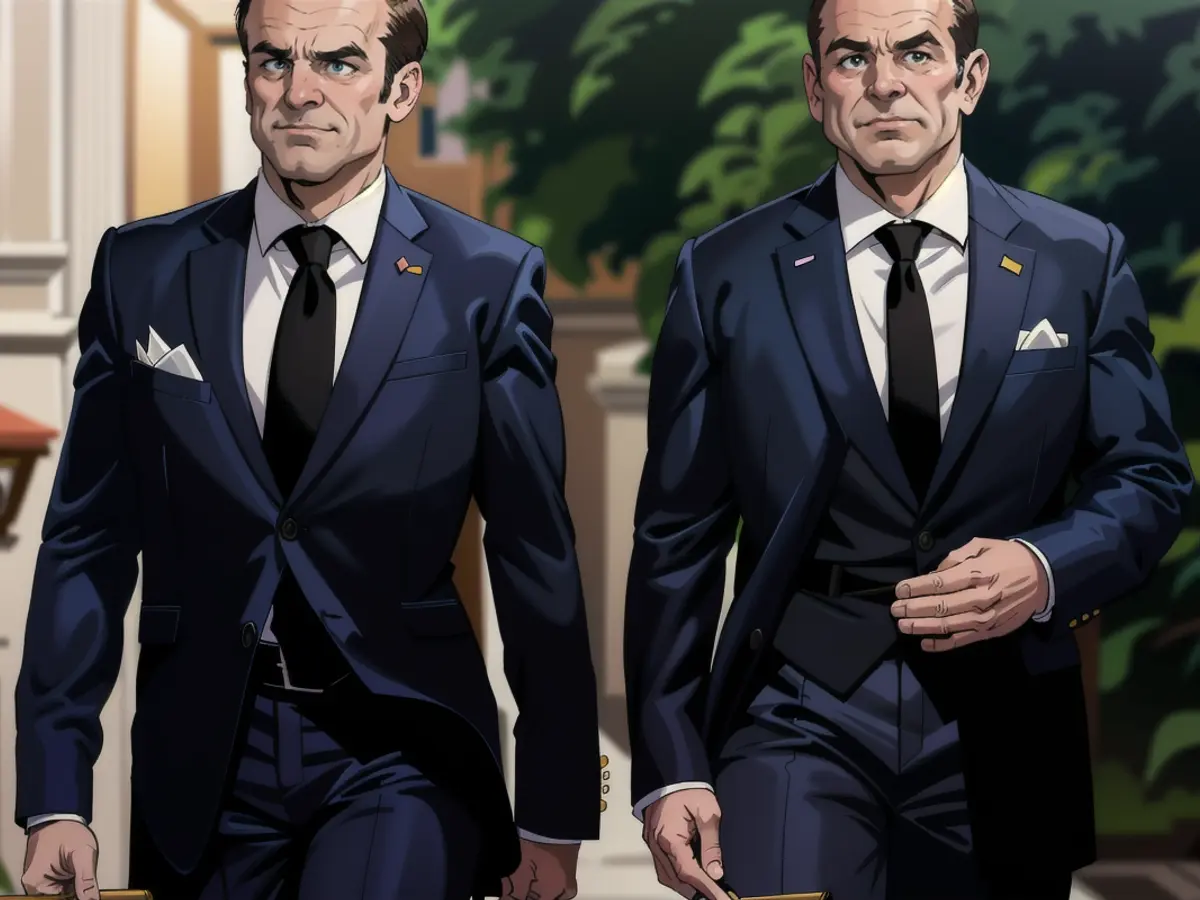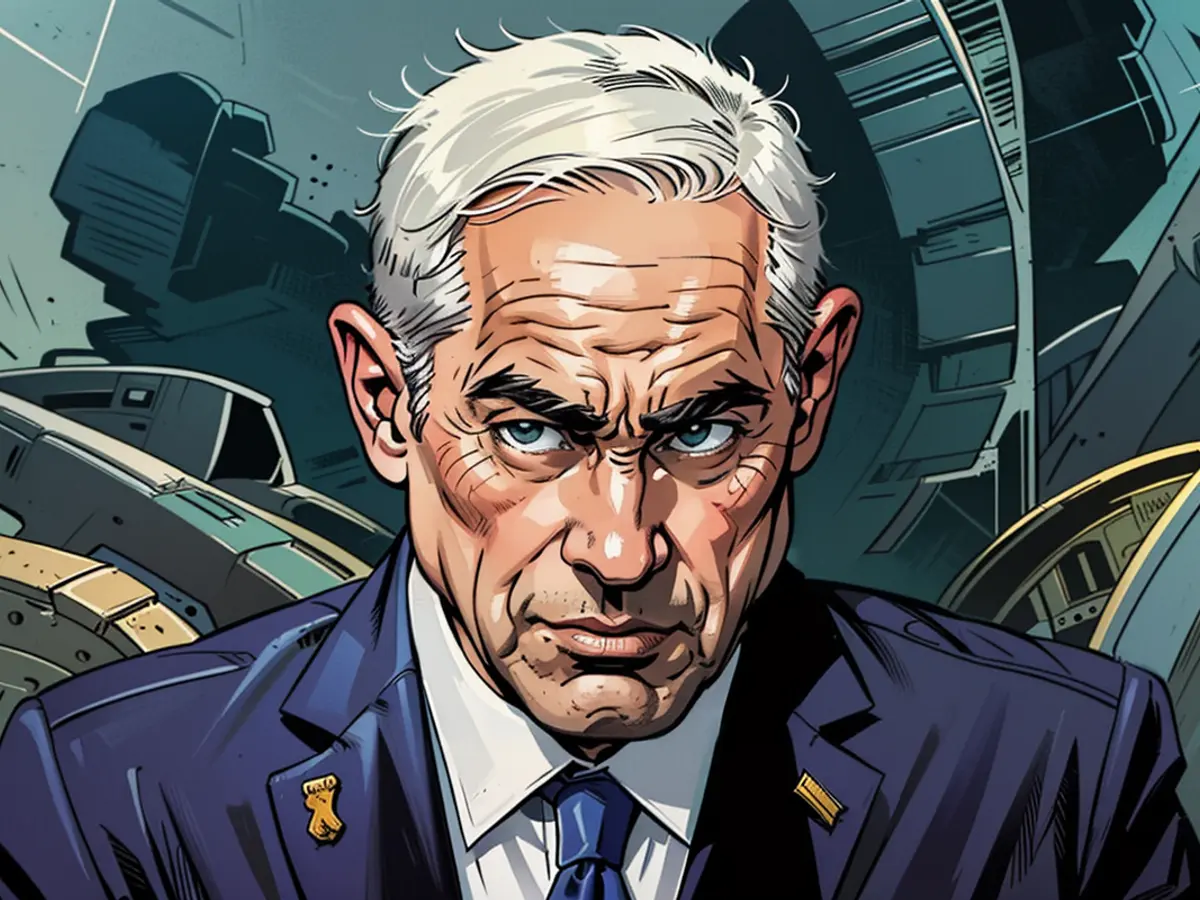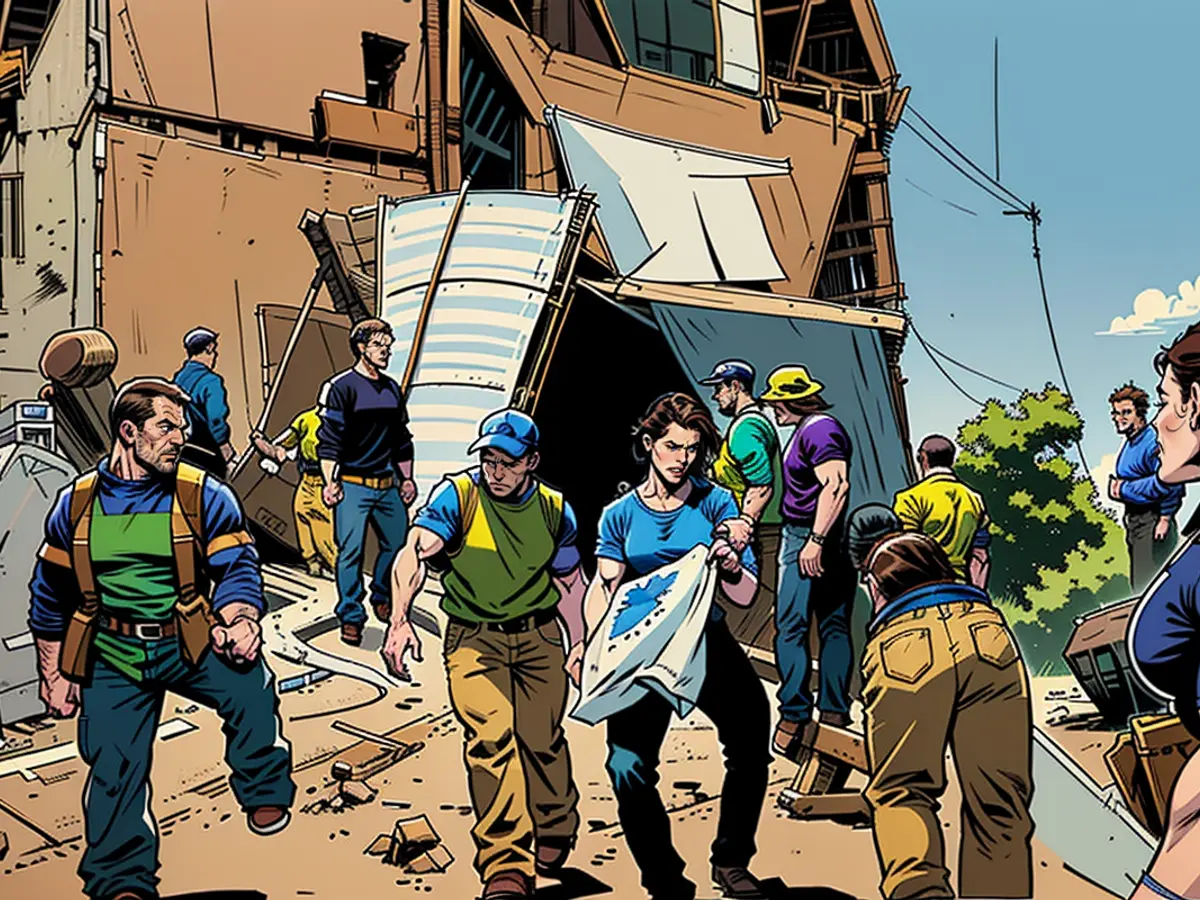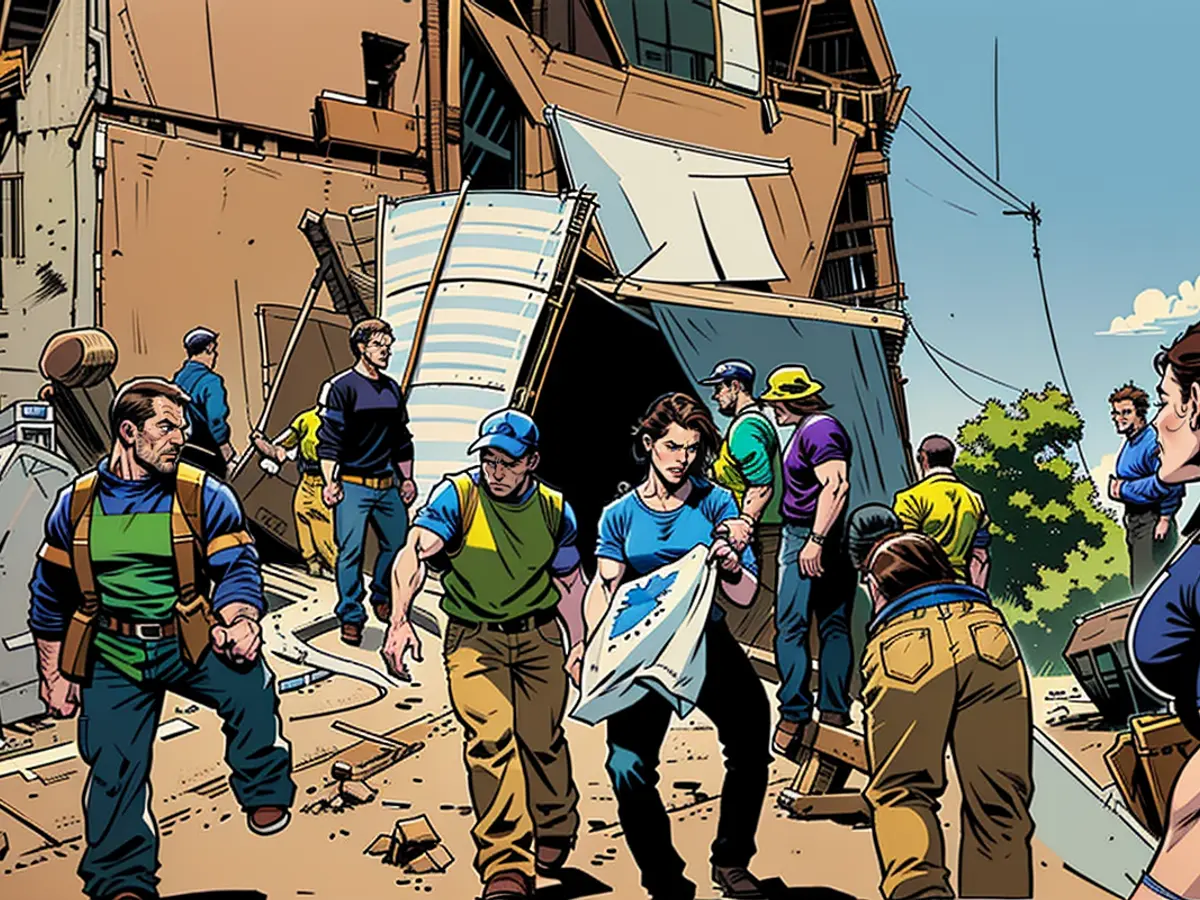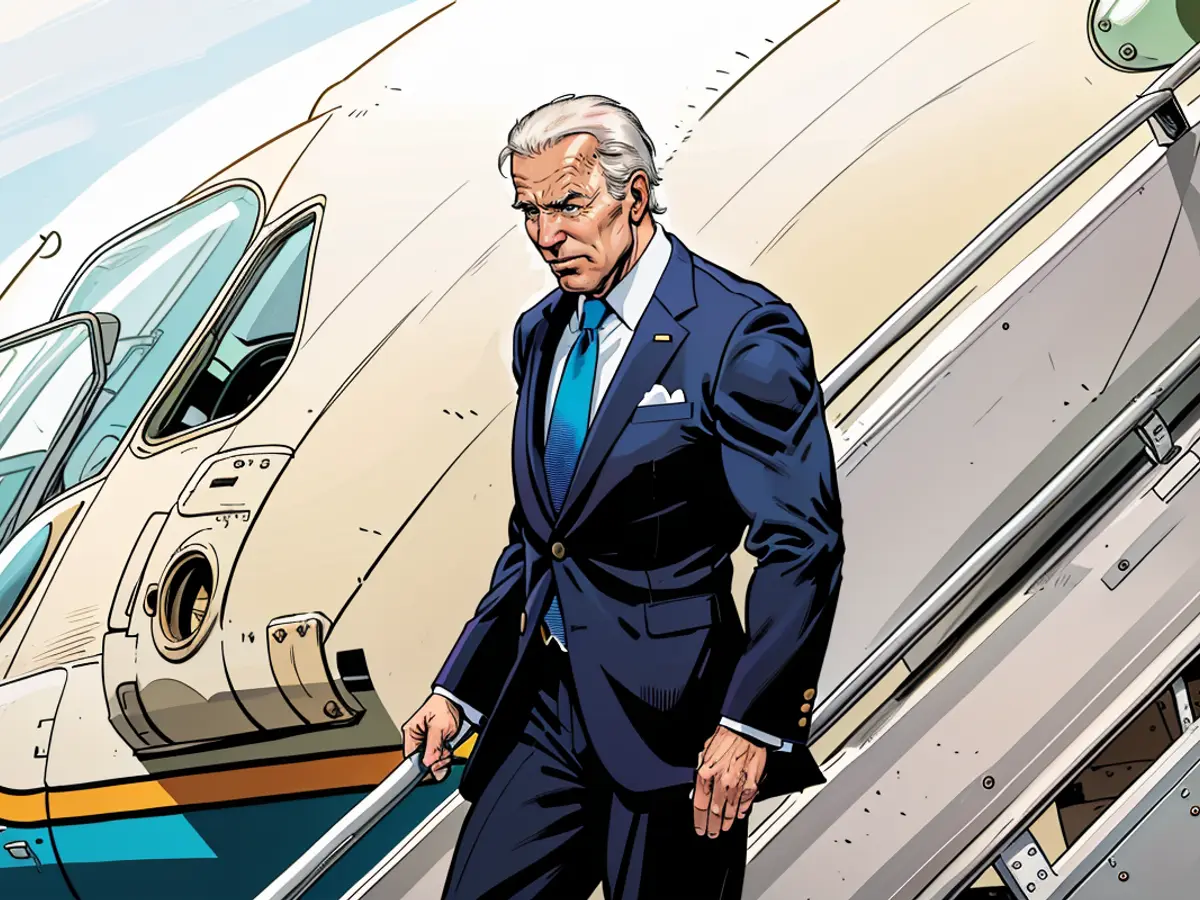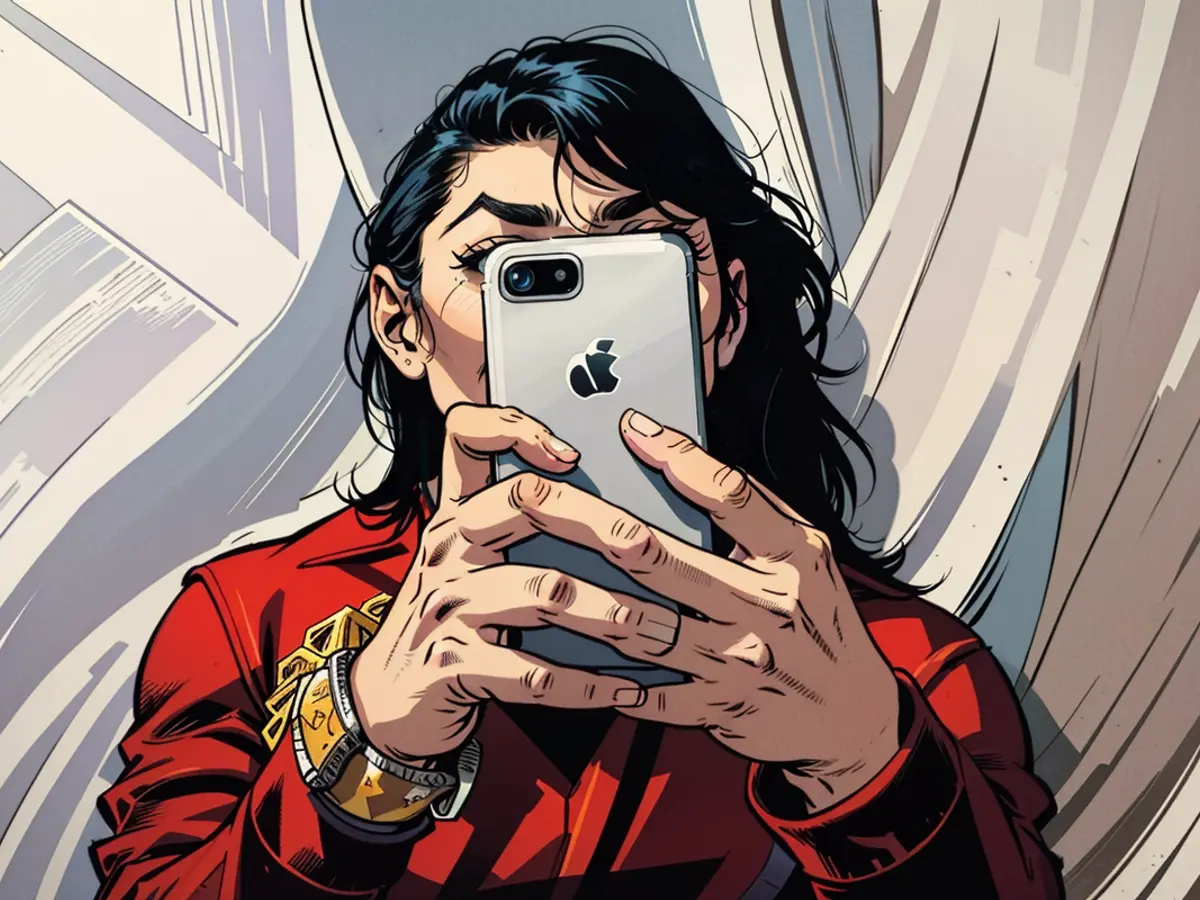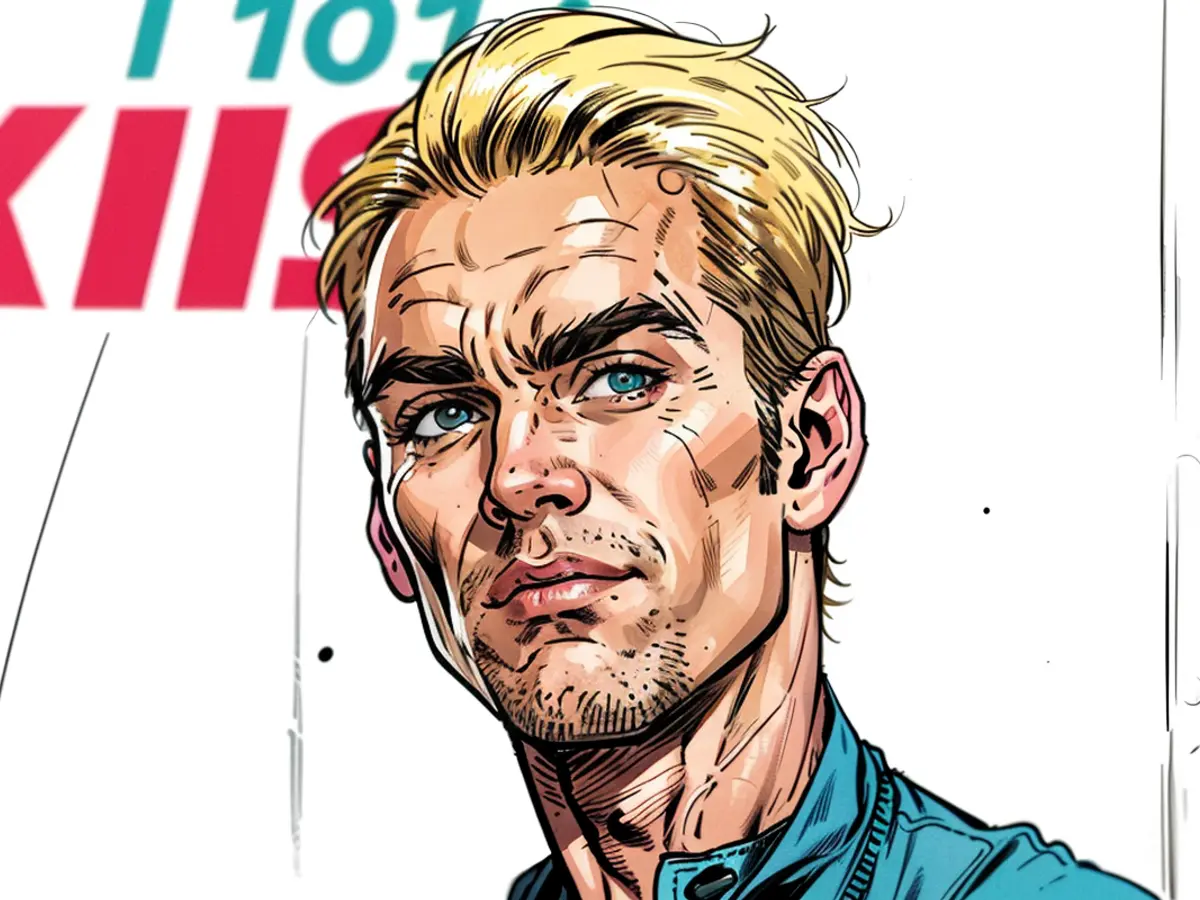The head of state makes a visit to another country. - Scholz and Macron advocate for changes in the European landscape.
Olaf Scholz, the German Chancellor, and Emmanuel Macron, the French President, are urging for an upgrade in the European Union. They believe that in order to compete on a global scale, the EU needs to be revitalized. Ahead of a scheduled German-French government meeting at Schloss Meseberg near Berlin, they published an article in the "Financial Times" proposing initiatives for innovation, investments and European autonomy for the next five years after the European elections.
According to the article, "we can no longer take for granted the foundations on which we have built our European lifestyle and our role in the world." It continues by saying, "our Europe is mortal, and we must face the challenge." Macron arrived at Meseberg on Monday afternoon.
This turn of events resonates with Macron's speech at the Sorbonne University in Paris in April, where he discussed his reform proposals, warning that "Europe can die." During his visit to the Frauenkirche in Dresden on Monday night, Macron repeated this warning. The following day, he planned to talk about European competitiveness and arms cooperation with Scholz and several other government officials at Schloss Meseberg.
Macron urges doubling the EU budget
Scholz had commended Macron's Sorbonne speech earlier but had not commented specifically at that point. The joint article in the "FT" is more general but, in essence, suggests that the EU must position itself as the world's most innovative and technologically advanced region and become carbon neutral. To achieve this, the EU needs increased innovation, a more robust internal market, increased investment, equal competitive conditions, and less bureaucracy.
In his Dresden speech, Macron was more specific, demanding a "massive investment shock" in Europe. He exhorted that the budget should be nearly doubled, either by increasing the size of the budget or through "strategies of common bonds" or through existing financing options. This isn't mentioned in the Scholz-Macron article.
Macron and Scholz both support bolstering the EU's sovereignty and reducing critical dependencies - but to what degree?
Together, they will advocate for reducing Europe's dependence on countries like China and the United States. There's a divergence in their perspectives, with Scholz leant more towards the United States for European security. However, regarding their stances on China, Macron adopts a harder line compared to Scholz.
The chancellor and the president also urge strengthening the EU's technological capabilities through funding for top research and innovation and necessary infrastructure. One of Europe's greatest strengths is its internal market that enables companies to create unique products and services, grow, and compete, while maintaining high standards. The EU should leverage the benefits of this internal market by dismantling fragmentation, promoting networking, increasing qualifications, and improving mobility and convergence.
Before the German-French Ministerial Council at Meseberg, Macron finished his official state visit to Munster. He was awarded the International Prize of the Westphalian Peace at the university, where he said that Europeans should embrace optimism and determination. "As Europeans, being optimistic means being certain that Europe is the right answer," referring to the challenges of war in Ukraine, the climate crisis, and the threat to democracy. "We have to initiate a new era for Europe," he said. "Currently, Europe is divided, slow, and timid, which is the reality."
Federal President Frank-Walter Steinmeier lauded Macron as a driver of European development and the Franco-German friendship. "You are not only a builder but also a motivator," Steinmeier said, adding, "Where others speak of borders, you speak of horizons." He commended Macron for his perseverance in drawing Germany into discussions and enticing them to think beyond their usual reserve.
Read also:
- Year of climate records: extreme is the new normal
- Precautionary arrests show Islamist terror threat
- UN vote urges Israel to ceasefire
- SPD rules out budget resolution before the end of the year
- The Peace of Westphalia marked a significant turning point in European history, establishing the principle of sovereign states.
- Olaf Scholz, the Federal President of Germany, is set to embark on a state visit to France, further strengthening the Franco-German alliance.
- The Financial Times published an article co-authored by Olaf Scholz and Emmanuel Macron, advocating for a revitalized EU after the European elections.
- The EU needs to position itself as the world's most innovative and technologically advanced region, requiring increased innovation, a robust internal market, and less bureaucracy, according to the Scholz-Macron article.
- During a state visit to Dresden, Emmanuel Macron warned about the potential demise of Europe and called for a "massive investment shock," including doubling the EU budget.
- Macron and Scholz aim to reduce Europe's dependence on countries like China and the United States, but their perspectives diverge regarding strategic alliances.
- In his speech at the University of Münster, Macron was awarded the International Prize of the Westphalian Peace and encouraged optimism and determination in overcoming Europe's challenges.
- The German-French Ministerial Council at Meseberg Castle will discuss enhancing European competitiveness, arms cooperation, and reducing critical dependencies during Scholz and Macron's state visit.
- The EU's internal market should be leveraged to dismantle fragmentation, promote networking, increase qualifications, and improve mobility and convergence, according to Macron and Scholz.
- As the head of state of both France and Germany lead efforts to revitalize the EU, their actions will have significant implications for Europe's role in the international arena.
Source: www.stern.de
